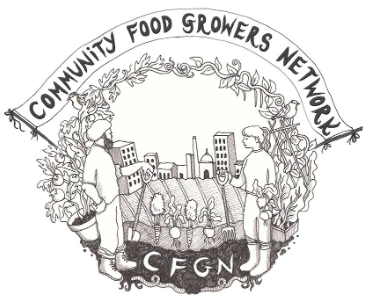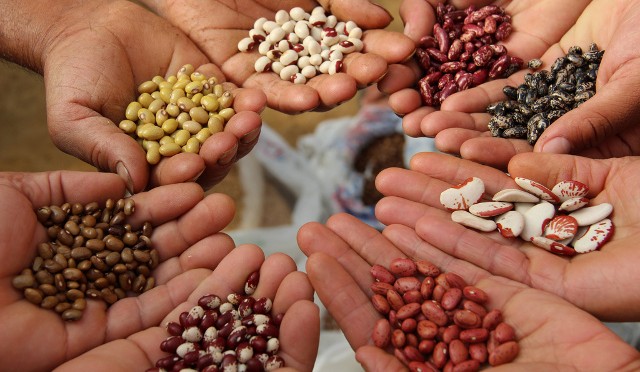MEPs Block EU Seed Bill
The European Union legislation package on the Marketing of Seed and Propagating Material has been blocked by a majority of MEPs on Friday (31st January).
The original proposals by the Commission were based on a desire to harmonise existing legislation on seed varieties. It includes the issue of Value for Cultivation and Use (VCU), which allows the EU to value which varieties are best suited for cultivation- something which has traditionally taken place by farmers themselves in their respective climatic and soil conditions, and over hundreds of years.
Any commercial growing enterprise cultivating a particular variety must therefore go to the length of testing and registering what variety is being grown- which is quite difficult considering that OP (open pollinated) varieties are not stable, which is precisely why they are key to the diversity and resilience of the seed gene pool.
This legal package has long been feared by ecologists and small farmers due to the threat it could pose to biodiversity as well as the costs it would place on small farmers and their continued reliance on inputs produced by the agribusiness industry.
MEP – Keith Taylor, has highlighted the appalling influence the seed lobby has over the European commission. The Green group are supporting two rejection motions, they have also launched a campaign to empower citizens to stand against this proposal and lobbyists behind its inception.
While there were exceptions made to continue small farmers, allotment gardeners and the like to continue using their ‘heirloom’ seeds, this
The Greens/European Free Alliance (EFA) have put in amendments calling for:
- narrowing the scope, to not include farmers and gardeners who exchange seeds for non-commercial use.
- Exemption of varieties that only have a small market share from any compulsory regulation. This would remove around 100 species.
- Changes in the Distinctness, Uniformity and and stability (DUS) criteria. This criteria currently governs the varieties that can be included into the EU’s common catalogue of seeds that are permissible to be registered and sold. They call for for a change in this criteria to enable organic, open pollinated and locally grown seeds to be included.
- Expand the “niche market” exemption to include small farmers and small breeders.
- To change the proposed regulation into a directive to allow more flexibility at a national level.
However, this maintains the language of keeping seed freedom within the ‘niche’ areas of food growing, while consolidating a model of ‘business as usual’ for the large enterprises. For those campaigning for change across the wider food landscape, this further relegates small-scale and/or organic growers to the margins.
On the whole, 1300 amendments have been introduced into this bill. The final vote is to take place in March/April. To get involved or lobby your MEP, resources can be found at seedfreedom.eu.
Sources:
http://www.euractiv.com/cap/food-diversity-hindered-seed-mar-news-533155
Kokopelli Seed Foundation– Active since 1999 in promoting biodiversity in food and agriculture
http://www.seed-sovereignty.org/EN/
These two articles by Ben Raskin (Soil Asociation) are very useful in deciphering and interpreting the proposed legislation:
http://www.soilassociation.org/blogs/latestblog/article/792/using-a-chainsaw-to-crack-a-nut
http://www.soilassociation.org/blogs/latestblog/article/896/using-a-chainsaw-to-crack-a-nut-part-2



One comment
Comments are closed.